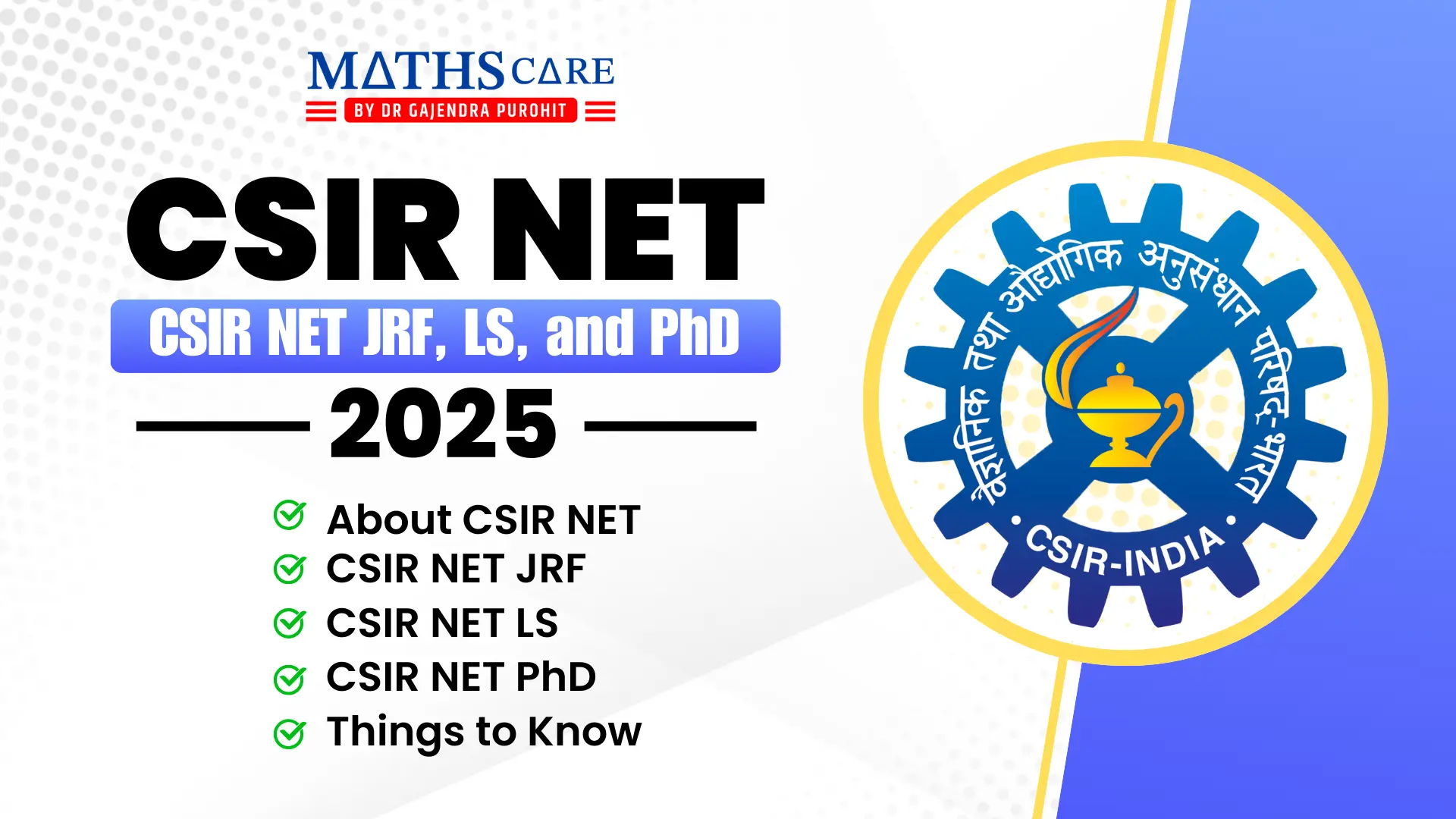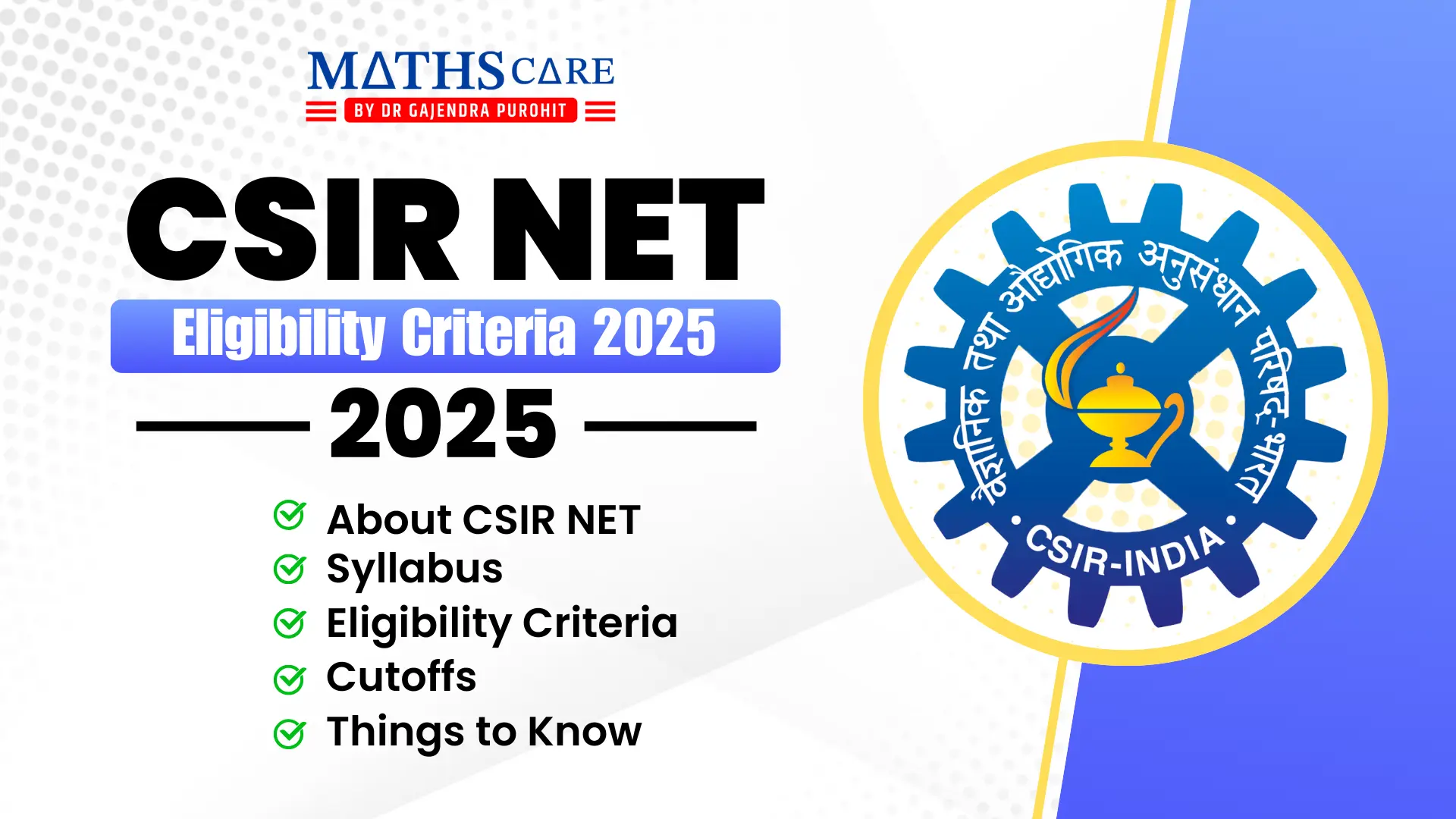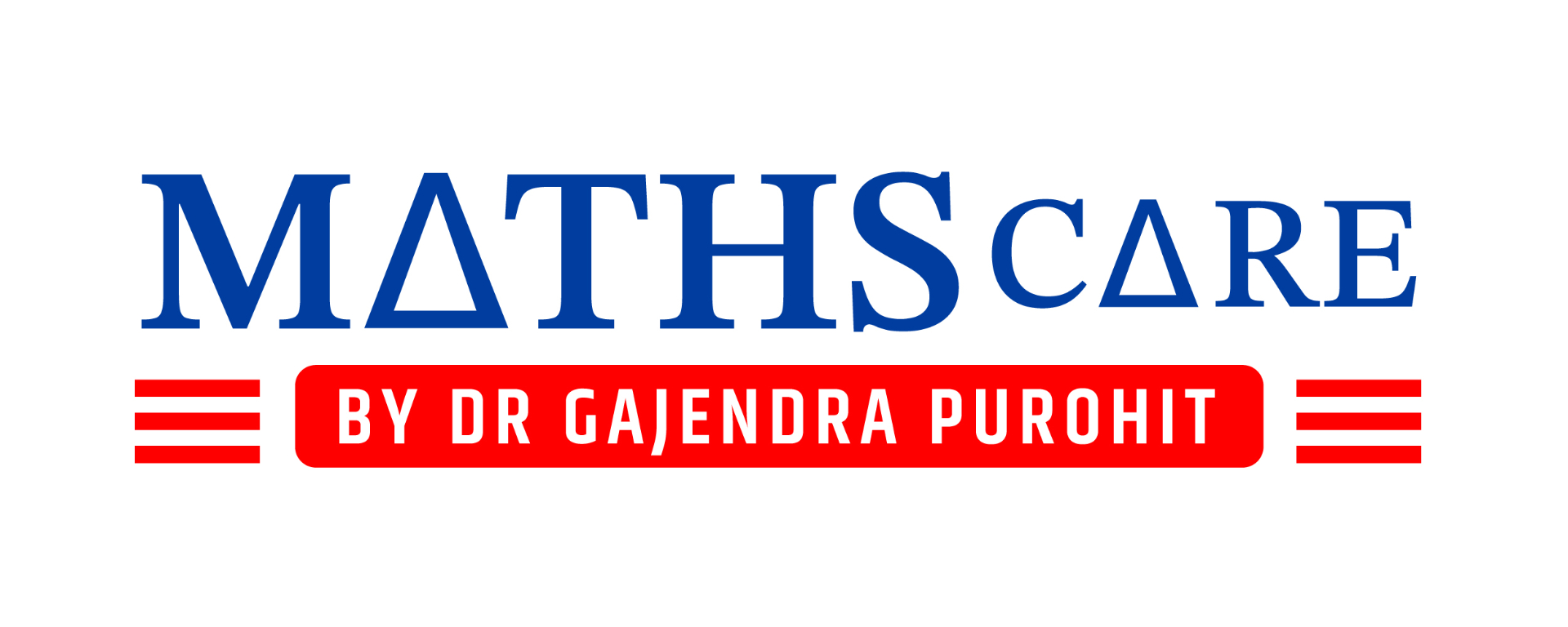CSIR NET Short Notes Guide
CSIR NET (Council of Scientific and Industrial Research National Eligibility Test): For CSIR NET aspirants, short notes can be an invaluable tool in simplifying complex topics and enhancing exam preparation. Whether you are revising a vast syllabus or brushing up on key concepts before the exam, short notes help in quick recall and effective learning. The importance of structured and well-organized short notes cannot be overstated, as they enable students to streamline their study process and focus on high-yield topics. By condensing extensive study material into manageable portions, students can effectively reinforce concepts and retain critical information without feeling overwhelmed. This guide delves into the significance of making short notes, their benefits, and how to craft them efficiently for CSIR NET preparation.

About CSIR NET
The Council of Scientific and Industrial Research National Eligibility Test (CSIR NET) is a national-level exam conducted by the National Testing Agency (NTA) on behalf of CSIR. It is designed for candidates aspiring to qualify for Junior Research Fellowship (JRF) and Lectureship (LS) in the field of Science and Technology. CSIR NET covers five major subjects: Chemical Sciences, Earth Sciences, Life Sciences, Mathematical Sciences, and Physical Sciences. The exam serves as a crucial gateway to advanced research opportunities and faculty positions at universities and research institutions. Given its competitive nature, candidates must adopt a thorough and disciplined preparation strategy to excel in the test.
Paper Pattern
CSIR NET follows a structured exam pattern to evaluate candidates’ conceptual understanding, problem-solving abilities, and research aptitude. The exam is conducted in Computer-Based Test (CBT) mode, and each paper consists of three sections: Part A, Part B, and Part C, with a total of 200 marks. The paper is designed as follows:
Part A: This section is common for all subjects and consists of General Aptitude questions covering logical reasoning, numerical ability, and analytical skills. It comprises 20 questions, out of which 15 must be attempted. Each question carries 2 marks, with 0.5 marks deducted for incorrect answers. This section is designed to test candidates’ overall intellectual abilities and problem-solving skills, which play a crucial role in scientific research and academia.
Part B: This section consists of subject-specific MCQs covering fundamental and theoretical aspects. The number of questions varies across subjects, and each question carries 2 marks, with 0.5 marks deducted for wrong answers. It emphasizes the importance of a strong foundational understanding of scientific concepts.
Part C: This section tests candidates’ analytical and research-based knowledge through higher-level conceptual questions. The questions require candidates to apply their knowledge to solve complex problems. The marking scheme differs across subjects, and negative marking is applied as per the exam guidelines. This section aims to assess a candidate’s ability to engage in innovative thinking and application-based learning.
The total exam duration is three hours, and candidates can choose to appear for only one subject per attempt. The well-defined structure of the paper ensures that aspirants develop a holistic understanding of their chosen subject while also honing their logical reasoning abilities.
Why Make Short Notes?
Short notes act as a condensed form of detailed study material, providing a quick reference to essential concepts. When the exam approaches, reading through full-length books and extensive notes is neither feasible nor efficient. Short notes save time by allowing candidates to revise critical topics swiftly without unnecessary information overload. Creating short notes also aids in better conceptual clarity, as summarizing complex ideas into brief points enhances understanding and retention. Writing in one’s own words reinforces learning, making it easier to recall information during the exam. Additionally, structured and visually appealing short notes, incorporating diagrams, flowcharts, and bullet points, significantly enhance retention and comprehension. Having a set of concise notes minimizes last-minute stress and gives students confidence that they have all necessary information readily available for revision.
Importance of Short Notes for CSIR NET
Short notes are not just supplementary tools but essential for mastering the CSIR NET syllabus effectively. They allow for quick revision, which is crucial given the vastness of subjects like Life Sciences, Chemical Sciences, and Physical Sciences. A well-prepared set of short notes highlights only key formulas, important theories, and major concepts, ensuring that students remain focused on high-priority topics. Furthermore, short notes are highly beneficial in last-minute revision scenarios. Instead of scanning through an entire book, aspirants can quickly glance through summarized points and reinforce their memory. Personalized short notes also improve retention as they are structured in a way that aligns with an individual’s learning preferences. Lastly, they are excellent for group study sessions, enabling students to exchange insights and fill gaps in their knowledge collectively. The ability to review key information efficiently allows students to approach the exam with clarity and confidence, making short notes an indispensable part of CSIR NET preparation.
Career Opportunities After CSIR NET
Qualifying CSIR NET opens numerous career opportunities in academia, research, and industry. Candidates who qualify for Junior Research Fellowship (JRF) can pursue Ph.D. programs in reputed institutions like CSIR labs, IITs, IISc, and central universities, often with financial assistance from government fellowships. Those who clear the Lectureship (LS) category are eligible for faculty positions in universities and colleges, contributing to teaching and academic research. Many public sector organizations, national laboratories, and R&D firms recruit CSIR NET-qualified candidates for roles in biotechnology, pharmaceuticals, material science, environmental science, and data analysis. Government-funded projects under DST, DBT, CSIR, and ICMR offer further research opportunities. Additionally, private companies value CSIR NET-qualified professionals for technical and analytical roles, opening doors to careers beyond academia. The exam not only acts as a stepping stone for scientific advancements but also enhances professional credibility, increasing job prospects in both public and private sectors. Moreover, qualified candidates can explore opportunities in patent analysis, science communication, and regulatory affairs, diversifying their career paths beyond traditional research roles.
Career Opportunities After Qualifying CSIR NET
Clearing the CSIR NET exam opens multiple career avenues in academia and research:
Junior Research Fellowship (JRF): Enables candidates to pursue Ph.D. programs in recognized institutions with monthly financial support.
Lectureship (LS): Qualifies candidates for teaching positions at universities and colleges.
Ph.D. Admissions: Many research institutions prefer CSIR NET-qualified candidates for their Ph.D. programs.
Corporate and R&D Jobs: Industries and research organizations hire NET-qualified professionals for scientific research and technological advancements.
Government Research Institutes: Positions in ISRO, DRDO, CSIR labs, and other governmental organizations.
Conclusion
Short notes are a powerful tool in CSIR NET preparation, significantly improving efficiency in studying and revision. By following the guidelines and expert tips mentioned above, students can create notes that are structured, concise, and easy to review. The key to effective short notes lies in keeping them simple, well-organized, and tailored to personal learning preferences. With a disciplined approach to note-making and consistent revision, aspirants can enhance their understanding, improve retention, and ultimately perform better in the CSIR NET exam. With the right strategy, short notes can make a significant difference in exam preparation, making the learning process smoother, quicker, and more effective. Additionally, qualifying CSIR NET opens doors to prestigious research fellowships, academic positions, and industry-oriented career paths, making it a vital milestone for science professionals. Candidates must remain dedicated and focused throughout their preparation journey, leveraging the power of short notes to maximize their performance and secure a bright future in the scientific community.
CSIR NET FAQS
To pass the CSIR NET 2024 Exam, candidates must score at least 33 percent in the general, EWS, and OBC categories and 25 percent in the SC, ST, and PwD categories. The CSIR NET 2024 Dec result will be released on the official website at csirnet.nta.ac.in.
In India, holding a PhD isn’t just a distinction; it’s a formidable advantage. With a staggering below 1% unemployment rate for PhD holders, as reported by Gururo, compared to the national average of 7%, the demand for highly skilled individuals is unmistakable.
Candidates applying for the Junior Research Fellowship (JRF) should not be more than 30 years of age as on the first day of the month i.e., 1/06/2024 in which the UGC NET 2024 exam concludes, that is, June.
The CSIR NET Lectureship pay scale lies between INR 37000 – 67000 per month on average. This may increase up to INR 1,33,000 – 1,41,000 with promotions and experience.
CSIR prescribes CSIR NET Eligibility Criteria 2024 along with the notification in terms of age limit, educational qualification and nationality. CSIR JRF Age Limit is 28 years. Candidates must hold an MSc/BE/Integrated BS-MS/BS four-year degree/BPharma/BTech/MBBS with 55 per cent.
BEST OFFERING COURSES FOR YOU
BEST BOOKS FOR IIT JAM/ CSIR-NET
BUY BOOKS ON OUR APP
RECENT POSTS

CSIR NET Exam Centre Slip (Official)


CSIR NET Eligibility Criteria 2025








